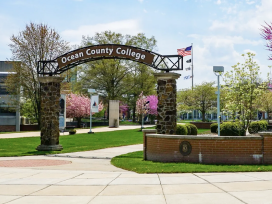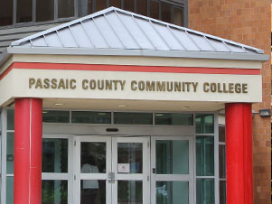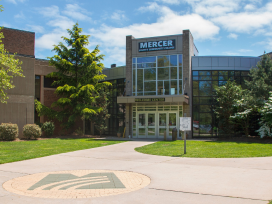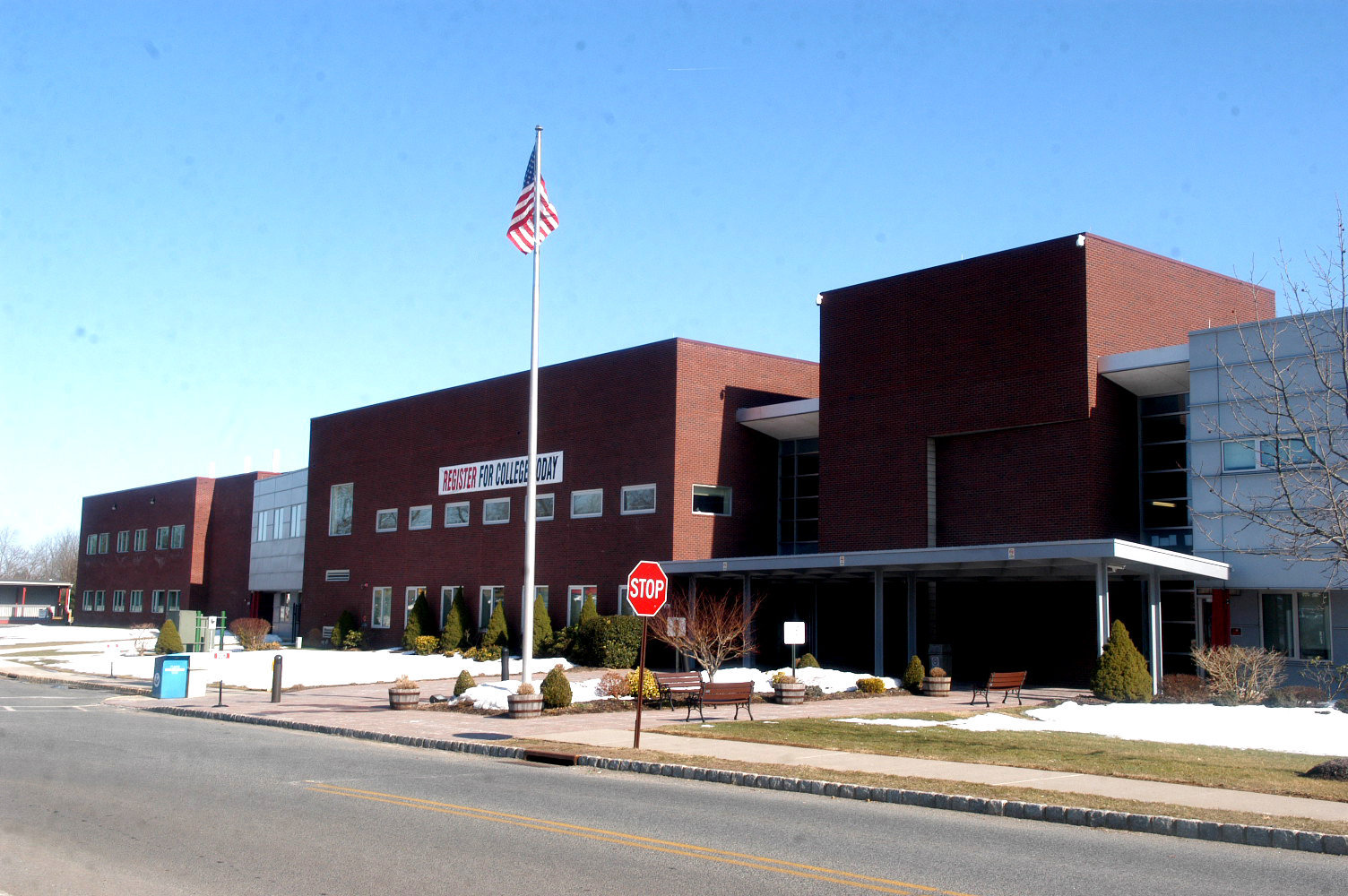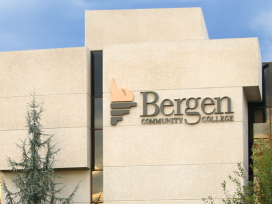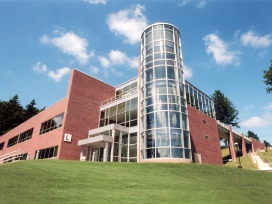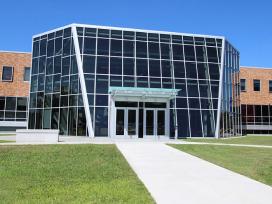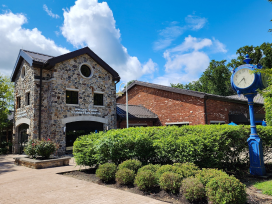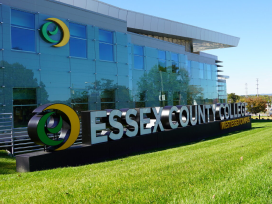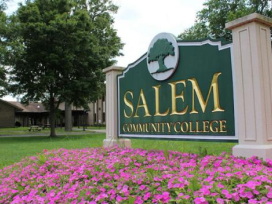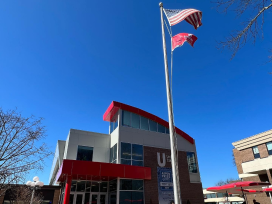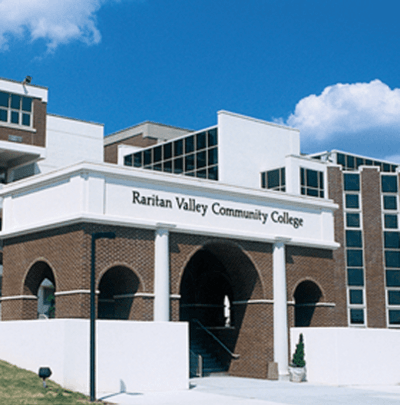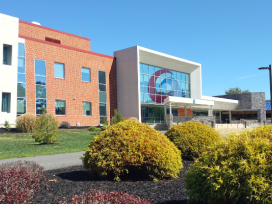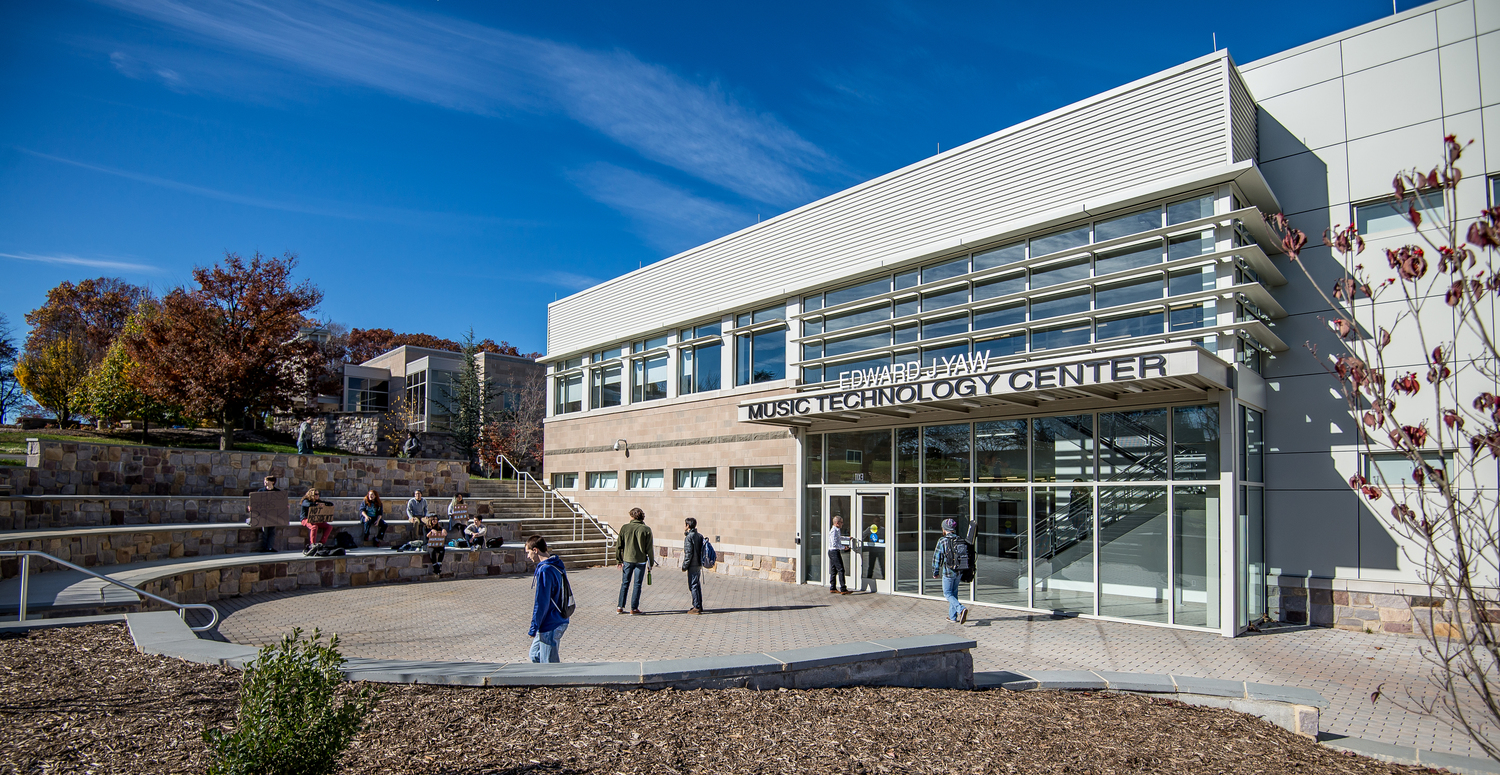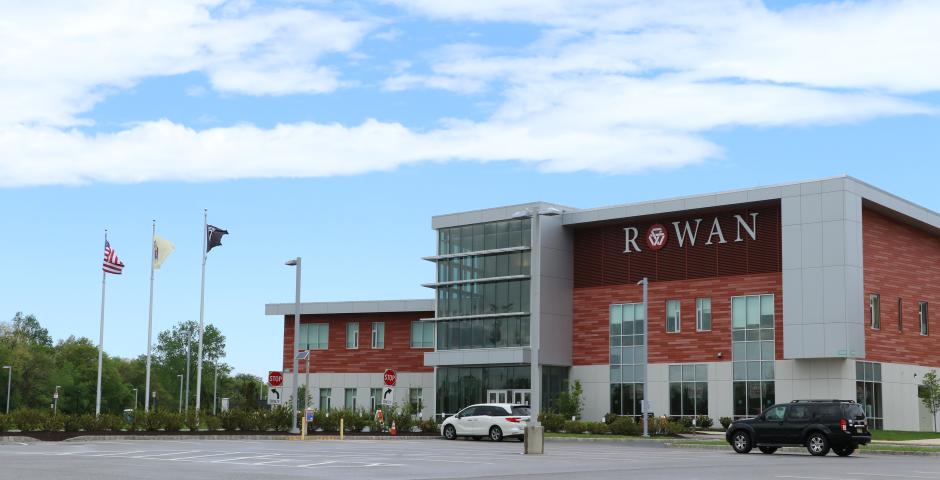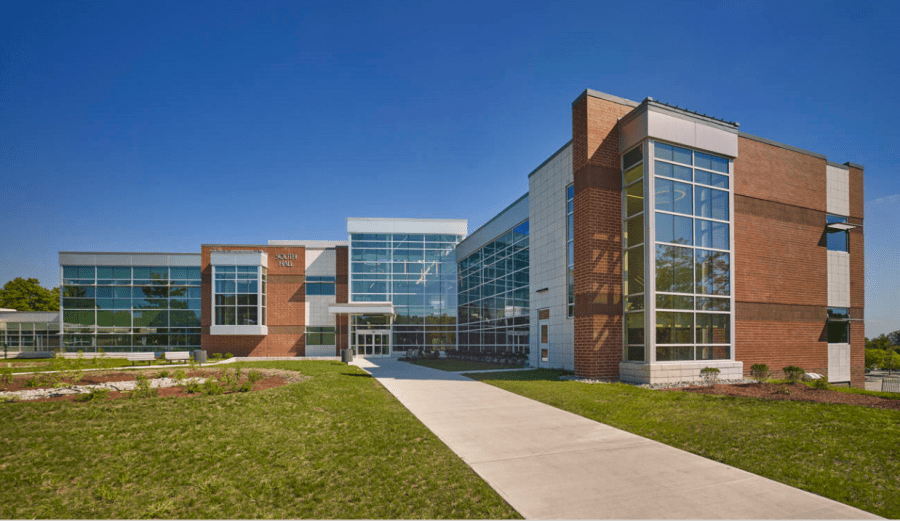REQUEST FOR PROPOSAL: Pathways Development Technical Assistance for New Jersey’s Community Colleges
ISSUED BY
New Jersey Community College Consortium of Workforce & Economic Development
RELEASE DATE
October 10, 2025
PROPOSAL DUE DATE
October 31, 2025 (by 5:00 pm EST)
INTRODUCTION & BACKGROUND
In today’s rapidly evolving economy, the earning of postsecondary credentials and degrees is not only essential to individual economic opportunities but also central to maintaining New Jersey’s economic competitiveness. Achieving these goals is the driving mission of the New Jersey Community College Consortium for Workforce & Economic Development (the Consortium), which leverages the collective expertise and statewide reach of New Jersey’s 18 community colleges.
Through high-quality, innovative, and economically relevant education and workforce development programs, NJ’s Community Colleges prepare learners to succeed in high-demand industries while meeting the critical talent needs of employers. With a strong commitment to equitable access, NJ’s Community Colleges ensure that residents across all communities in New Jersey have opportunities to pursue family-sustaining careers, thereby fostering both economic mobility for individuals and sustainable growth for the state’s economy.
The Consortium, a subsidiary of the New Jersey Council of County Colleges, is supporting the work of the state’s Community Colleges to expand economic opportunity through focused research, partnership development, industry training, and professional development in collaboration with federal, state, and local government partners, as well as philanthropic and industry partners.
The Consortium, through its statewide strategic initiative—the New Jersey Pathways to Career Opportunities Initiative—invites proposals from qualified organizations to provide comprehensive technical assistance in pathways development. This work will focus on equipping New Jersey’s community college faculty and staff with the tools, training, and support needed to design, implement, and sustain innovative pathways that include short-term, stackable, employer-validated credentials that directly connect learners to high-demand career opportunities in New Jersey.
Innovative Pathways:
- Allow students to earn industry-valued credentials leading to family supporting careers;
- Incorporate noncredit and credit programs;
- Allow prior learning assessments / credit for prior learning to enable students to continue their education and training, when applicable;
- Include strong partnerships with employers, labor unions and industry associations; and
- Is informed by labor market and student outcome data.
Proposals should demonstrate expertise in employer engagement, curriculum alignment, and competency-based education, with the ability to build capacity across multiple institutions. The technical assistance partner will play a critical role in strengthening the state’s education-to-workforce ecosystem by fostering cross-sector collaboration and ensuring that pathways are responsive to evolving labor market needs.
SCOPE OF WORK
The selected organization will provide the following technical assistance
to both individual community colleges and to multiple colleges that form
pathway teams:
- Training & Capacity Building
- Provide professional development and coaching for faculty and staff on design of education and training pathways.
- Offer access to career readiness skills frameworks, assessments, and curricula.
- Pathway Design & Technical Assistance
- Collaboratively design employer-validated pathways across four industry key sectors:
- Health Services
- Infrastructure & Energy
- Manufacturing & Supply Chain Management
- Technology & Innovation
- Support integration of high schools, four-year colleges/universities, employers, labor unions, state government, the state workforce development system, and community-based organizations input.
- Collaboratively design employer-validated pathways across four industry key sectors:
- Implementation & Sustainability
- Assist colleges in piloting and iterating education and training pathways for all learners.
- Develop sustainability and scaling plans for ongoing pathways design for existing and emerging industries.
- Data & Outcomes Tracking
- Support the colleges’ use of data infrastructure to measure learner outcomes (enrollment, program retention, completion, credential attainment, employment, wages, and employment retention).
- Provide the colleges tools for continuous data collection and utilization improvements.
DELIVERABLES
- Dynamic pathways co-designed by the colleges, employers, learners, and other stakeholders across four key industry sectors: Health Services, Infrastructure & Energy, Manufacturing & Supply Chain Management, and Technology & Innovation.
- Customized technical assistance plans for participating colleges.
- Biweekly college team convenings during the design and implementation project phases.
- Documentation of pathway designs and implementation guidance.
- Participation for the colleges in statewide and national (if available) Communities of Practice.
- Final report including outcomes, lessons learned, and recommendations for sustainability scaling of pathways and data
utilization.
PROPOSAL REQUIREMENTS
- Organizational Profile – Mission, history, and relevant experience in pathways development.
- Approach & Methodology – Proposed process, tools, and facilitation strategies.
- Team Qualifications – Bios of staff who will lead the work.
- Timeline – Phased work plan (design, pilot, sustain) covering 18–24 months.
- Budget – Detailed line-item budget, inclusive of all costs.
- Examples of similar work with other community colleges or workforce systems (in the form of documents or web address links).
- References – Three client references from comparable initiatives.
TIMELINE
RFP Release Date: October 10, 2025
- Questions Due: October 17, 2025
- Responses to Questions Posted: October 22, 2025
- Proposals Due: October 31, 2025 (by 5:00 p.m. EST)
- Interviews (if required): Week of November 5, 2025
- Anticipated Award Notification: November 7, 2025
- Project Start Date: November 15, 2025
EVALUATION CRITERIA
Proposals will be reviewed based on:
- Demonstrated expertise in pathways and workforce-aligned education.
- Quality and feasibility of proposed methodology.
- Qualifications of proposed team.
- Evidence of successful prior projects with community colleges or
workforce systems. - Cost-effectiveness and clarity of budget.
SUBMISSION INSTRUCTIONS
Proposals must be submitted electronically in PDF format to:
Catherine Starghill, Esq.
Vice President and Chief Workforce Innovation Officer
New Jersey Council of County Colleges
1 N. Johnston Avenue, Hamilton, NJ 08609
cstarghill@njcommunitycolleges.or
OTHER
Questions concerning clarification only of this RFP should be sent electronically no later than October 17, 2025 (by 5:00 pm EST) to:
Lauren Purnell
Project Manager, Workforce Innovation
New Jersey Community College Consortium for Workforce & Economic Development
1 N. Johnston Avenue, Hamilton, NJ 08609
lpurnell@njcommunitycolleges.org
(Revisions to the RFP, if any, shall be provided to all firms who have received this RFP.)
PRIVACY POLICY
All information provided to vendors responding to this RFP is proprietary to the New Jersey Consortium for Workforce & Economic Development (Consortium) and may not be used for any purposes other than to prepare a response to this RFP or in the execution of the services rendered. The vendor is responsible for adhering to this privacy policy and ensuring that any sub-vendors to the primary vendor also adhere to this privacy policy. The Consortium retains the right to seek any and all legal remedies in the event of a breach of this privacy policy by the prime vendor or any sub-vendor.
TERMS & CONDITIONS
The Consortium reserves the right to accept or reject any or all proposals. All costs incurred in preparing proposals are the sole responsibility of the applicant. The award is contingent upon availability of funds.









